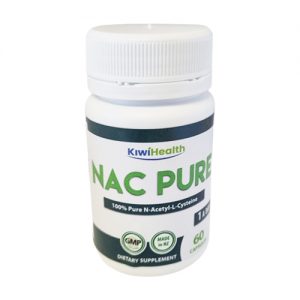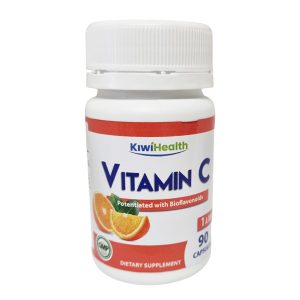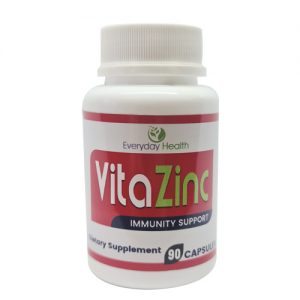Collagen for wrinkles, Collagen is the main protein for the elasticity and regeneration of our bones, ligaments, cartilage, tendons, and skin. is a type of protein that is the main structural protein in the extracellular matrix found in the body’s various connective tissues. It is the most abundant protein in mammals, making up from 25% to 35% of the whole-body protein content . Collagen is composed mainly of the amino acids glycine, proline, and hydroxyproline. These amino acids form three strands, which make up the triple-helix structure characteristic of collagen . Collagen is found in connective tissue, skin, tendons, bones, and cartilage. It provides structural support to tissues and plays important roles in cellular processes .
Collagen supplements
As people grow older, their collagen becomes fragmented and collagen production slows. These changes lead to signs of aging such as sagging skin and wrinkles . Collagen supplements are popular for treating signs of aging such as wrinkles, loss of skin hydration, and joint pain .
Collagen is also available as a supplement. Many people hoping to support the health of their skin, joints, and hair pop collagen supplements daily or add collagen powder to their morning coffee, tea, or smoothie. Even though the use of collagen supplements and other collagen products is on the rise, most people don’t know what collagen actually is or what it does in the body .
Type I collagen
Collagen is a type of protein. In fact, it’s the most abundant structural protein in animals. A structural protein is one that makes up the structure or framework of your cells and tissues . There are 28 known types of collagen, with type I collagen accounting for 90% of the collagen in the human body .
Connective tissue cells called fibroblasts produce and maintain collagen. As people grow older, their collagen becomes fragmented, fibroblast function becomes impaired, and collagen production slows . These changes lead to signs of aging such as sagging skin and wrinkles.
Signs of Aging
Oral and topical collagen products like supplements and face creams are popular for treating signs of aging such as wrinkles, loss of skin hydration, and joint pain. You can buy collagen in powder, capsule, and liquid form. You can take it as a supplement or add it to beverages — both hot and cold — and foods such as oatmeal, yogurt, and energy balls .
Healthcare professionals also use collagen and collagen-based materials in the medical field, including in treating wounds, burns, and diabetic ulcers . Additionally, cosmetics companies use collagen in products like moisturizers and serums because of its moisturizing properties .
Certain foods are rich in collagen such as animal skin and ligaments. Collagen can also be consumed through dietary sources such as chicken skin and fish skin . Collagen uses include tissue repair, immune response, cellular communication and cellular migration which is necessary for tissue maintenance .






Reviews
There are no reviews yet.